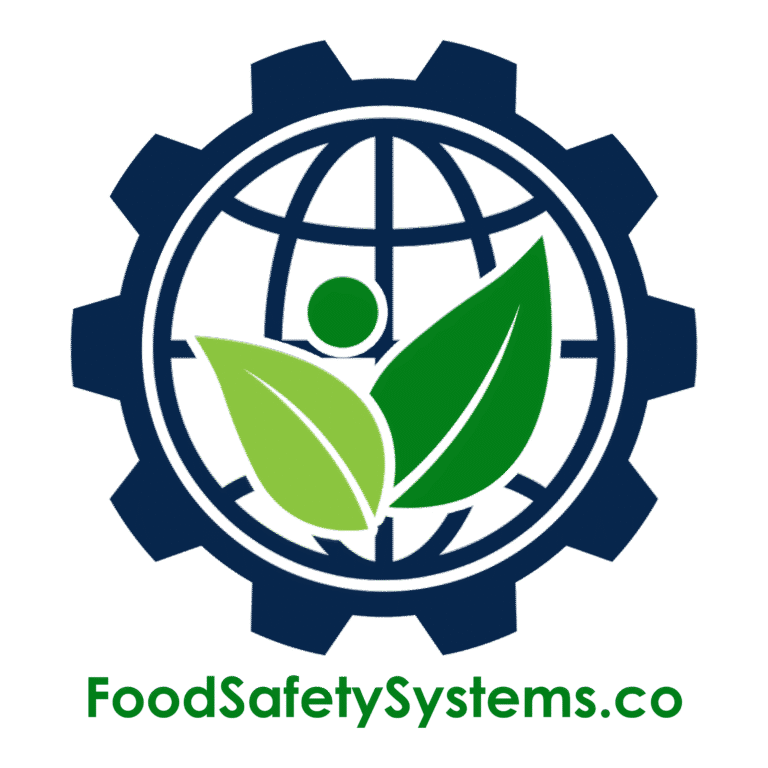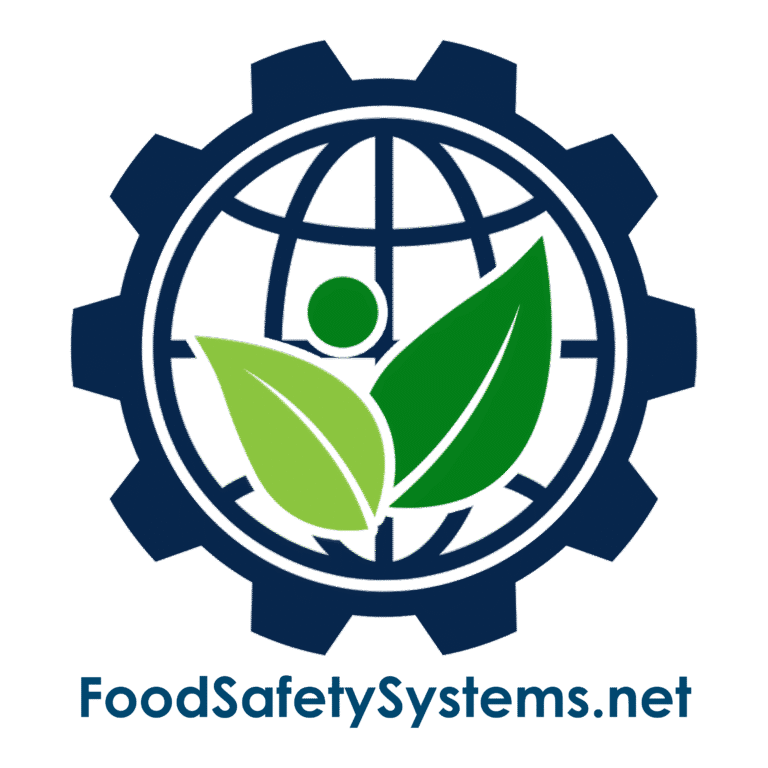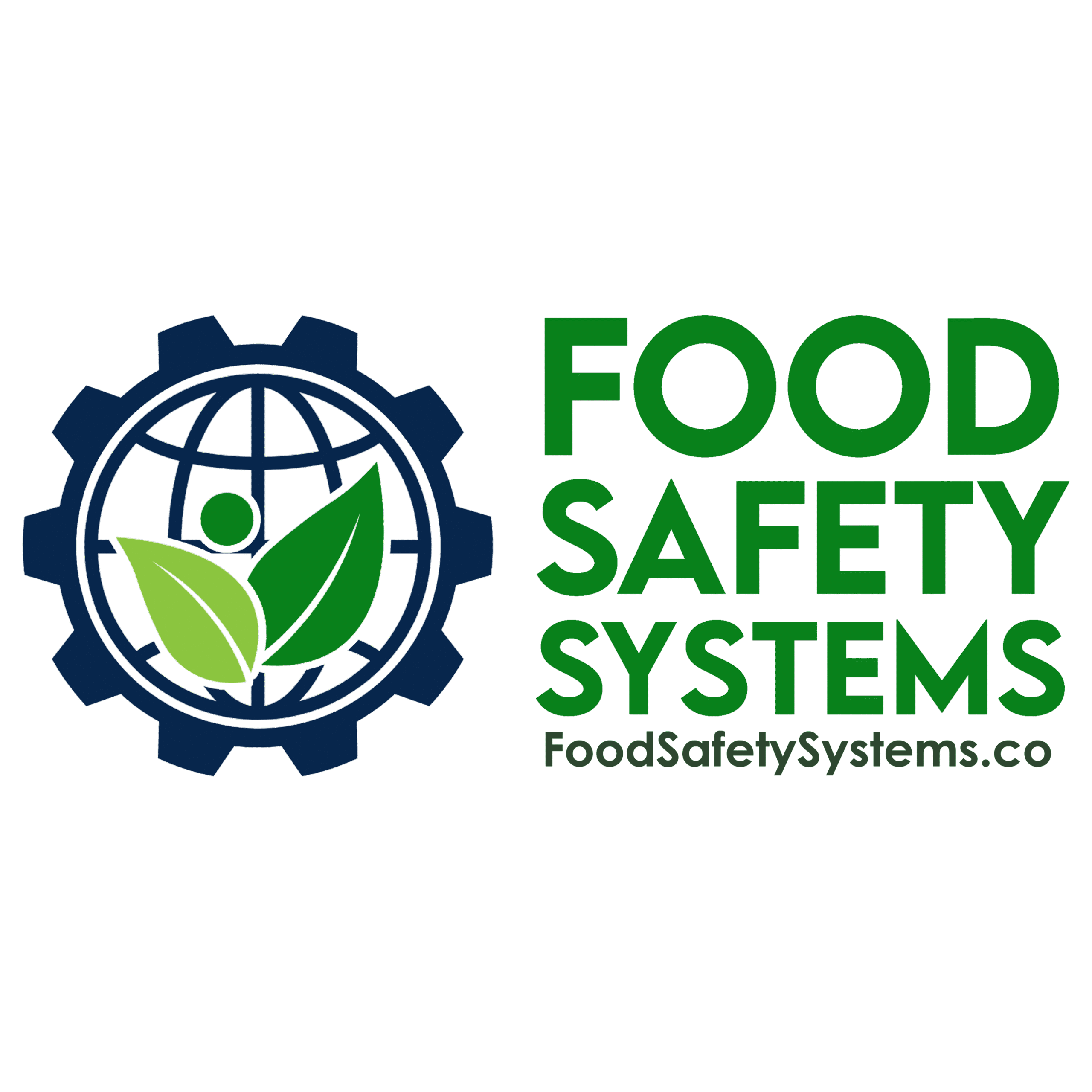Medical Screening & Staff Health

Aligned with FSSC 22000 Requirements
Requirement Overview
FSSC 22000 requires organizations to implement and maintain effective procedures for medical screening and managing staff health, particularly for those who may pose a risk to food safety due to transmissible diseases or conditions.
Ensuring that only medically fit personnel have access to food handling or production areas is essential for preventing contamination and protecting consumer safety.
Aligned with BRCGS for Storage & Distribution Issue 4 – Clause 4.3.1 & 4.3.3
Requirement Overview
BRCGS for Storage & Distribution requires that products moved via cross-docking are traceable and controlled at all times, even when they are not held in storage for extended periods.
Clause 4.3.1: “The company shall ensure that traceability is maintained at all stages, including during cross-docking operations.”
Clause 4.3.3: “Procedures shall be in place to ensure that all products handled, including those not stored on-site, remain under control and are not subject to contamination or substitution.”
Cross-docking operations must not compromise product traceability, safety, or integrity. Even with minimal handling and temporary presence, each product must be accurately identified, documented, and protected.

Key Compliance Objectives
-
✓ Identify and manage health conditions that could compromise food safety
✓ Implement pre-employment and return-to-work health screening
✓ Ensure staff disclose symptoms of illness in line with company policies and applicable laws
✓ Maintain confidential, accurate, and retrievable health records
Step-by-Step Compliance Implementation
1. Establish Medical Screening Procedures
-
Screening Measures May Include:
-
• Pre-employment health questionnaires
• Fitness-for-duty declarations
• Return-to-work medical checks after illness or injury
• Compliance with local regulatory requirements regarding privacy and employment law
Evidence to Maintain:
-
• Medical screening SOP
• Completed health declarations
• Signed confidentiality agreements
- • Pre-employment health questionnaires • Fitness-for-duty declarations • Return-to-work medical checks after illness or injury • Compliance with local regulatory requirements regarding privacy and employment law
- • Medical screening SOP • Completed health declarations • Signed confidentiality agreements
2. Define Illness Reporting Protocols
-
Reporting Procedures Should Cover:
-
• Symptoms to report (e.g., diarrhea, vomiting, skin infections)
• Conditions requiring exclusion from food handling
• Confidential methods for notifying supervisors or HR
Evidence to Maintain:
-
• Staff health policy
• Illness reporting forms or digital logs
• Illness management records
- • Symptoms to report (e.g., diarrhea, vomiting, skin infections) • Conditions requiring exclusion from food handling • Confidential methods for notifying supervisors or HR
- • Staff health policy • Illness reporting forms or digital logs • Illness management records
3. Train and Inform All Personnel
-
Topics to Cover:
-
• Symptoms and conditions that must be reported
• Consequences of working while ill
• Steps to take if illness occurs on site
Evidence to Maintain:
-
• Staff training records
• Visual awareness posters in common areas
• Refresher training logs for all staff, including temporary personnel
- • Symptoms and conditions that must be reported • Consequences of working while ill • Steps to take if illness occurs on site
- • Staff training records • Visual awareness posters in common areas • Refresher training logs for all staff, including temporary personnel
4. Monitor and Maintain Records
-
Records Must Be:
-
• Confidential, secure, and compliant with privacy laws
• Accessible only to authorized personnel
• Periodically reviewed for trends or missed reports
Evidence to Maintain:
-
• Secured employee health files
• Attendance and illness reports
• Exclusion and return-to-work authorization forms
- • Confidential, secure, and compliant with privacy laws • Accessible only to authorized personnel • Periodically reviewed for trends or missed reports
- • Secured employee health files • Attendance and illness reports • Exclusion and return-to-work authorization forms
Common Audit Findings & Recommended Fixes
| Audit Finding | Recommended Action |
|---|---|
| No medical screening policy in place | Develop SOPs and integrate pre-employment and ongoing screening |
| Illness reporting not clearly defined | Train staff and post symptom reporting guidelines |
| Lack of documentation | Maintain signed forms and illness logs securely |
| Health confidentiality breaches | Restrict access to health data and train HR on privacy compliance |
Auditor Verification Checklist
During an FSSC 22000 audit, expect to provide evidence of:
-
• Medical screening procedures and related forms
• Completed and signed employee health declarations
• Records of staff illness reports and follow-up actions
• Employee training on symptom reporting
• Return-to-work evaluations where applicable
Implementation Roadmap
Build Your Policy
-
✓ Create a medical screening and illness reporting SOP
✓ Define conditions that require exclusion from food handling
Train and Inform
-
✓ Educate all staff, contractors, and temporary personnel on health requirements
✓ Use visual signage and acknowledgment forms
Monitor and Document
-
✓ Track and securely store all health screenings and illness reports
✓ Review data for recurring risks or trends
Improve Continuously
-
✓ Update procedures in line with legal or public health changes
✓ Reinforce awareness through regular refresher training
Why This Matters?
-
✓ Prevents foodborne illness linked to personnel contamination
✓ Ensures compliance with FSSC 22000 requirements and public health regulations
✓ Reinforces a prevention-focused food safety culture
✓ Protects product integrity, brand reputation, and consumer safety
Support Tools Available
Food Safety Systems provides:
-
✓ Medical screening and illness reporting SOP templates
✓ Confidential health declaration forms
✓ Staff training guides and awareness posters
✓ Return-to-work clearance form templates
Privacy Policy | Terms of Service
Powered by interlinkIQ.com, Developed by ITBlaster.net, Owned and Operated by Consultare Inc. Group, A Compliance Company. All Rights Reserved.







